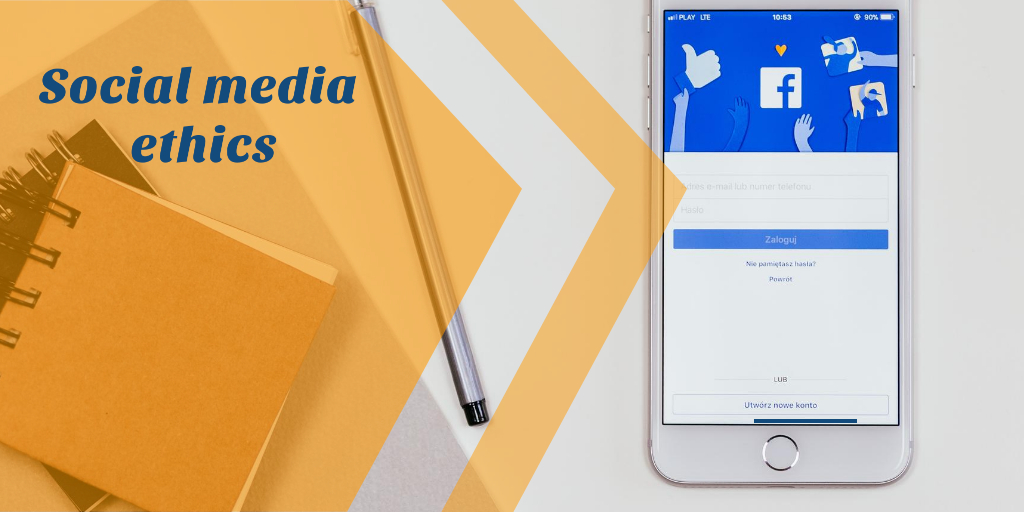
Social media ethics
‘If you’re not paying for something, you’re not the customer; you’re the product being sold.’
Every action you take is recorded: how long you look at the post, how and who you like, what mood we have and why it changes, how we view photos of our exes, what our character and thinking are. We provide all this information to social networks every day. It is user data that has made IT companies the richest in history.
This data comes in an endless stream, then the AI analyzes it, develops, and learns to predict. This technology is necessary to create a model of our behavior and predict our actions. Imagine that you are selling a product, and you have a magic program that tells you where your customer will be and how to catch him to make a purchase. It’s like a detailed instruction “How to sell a product” with a 100% guarantee of success.
Our avatar lives inside our device, and he, in turn, perfectly understands how we will act in this or that situation and where we will go tonight. With this avatar, you can predict our reaction to anything.
Large tech companies have three main goals:
- Involve.
- Expand.
- To advertise.
An algorithm is responsible for each of them, the task of which is to understand what needs to be done to achieve these three goals.
Online communication is essential today.
The essence of our culture and communication is tied to the manipulation of this necessity, and since “any sufficiently advanced technology is indistinguishable from magic”, our consciousness is vulnerable, and technology uses it.
Even knowing all the tricks, we continue to use social media. After reading this article, you are unlikely to uninstall all applications – you will most likely open Instagram or another social network again. This confirms the fact that social networks are a new drug that is based on a person’s need for communication and social life.
When we do something in social media, the body produces dopamine – we simply cannot live normally. We can say that evolution has come to the aid of tech companies.
Another problem with social media is the need for feedback. Each of us depends on the opinions of others, no matter who says anything. We post the post, wait for a positive reaction, and take any negativity to heart. Again, this is something to thank evolution for.
We are not ready for negativity and create an ideal version of ourselves on social networks, but many people forget that this is just a fake and rather fragile popularity. Even social networks understand this – the same Instagram began to hide likes in many countries.
At the same time, technologies do not destroy humanity, they contain an infinite amount of benefits. The problem is only in the model of using technology by the companies themselves.





